Graduate Program Milestones for AY 2019-20
| Event Date: | May 22, 2020 |
|---|
Successful Defenses
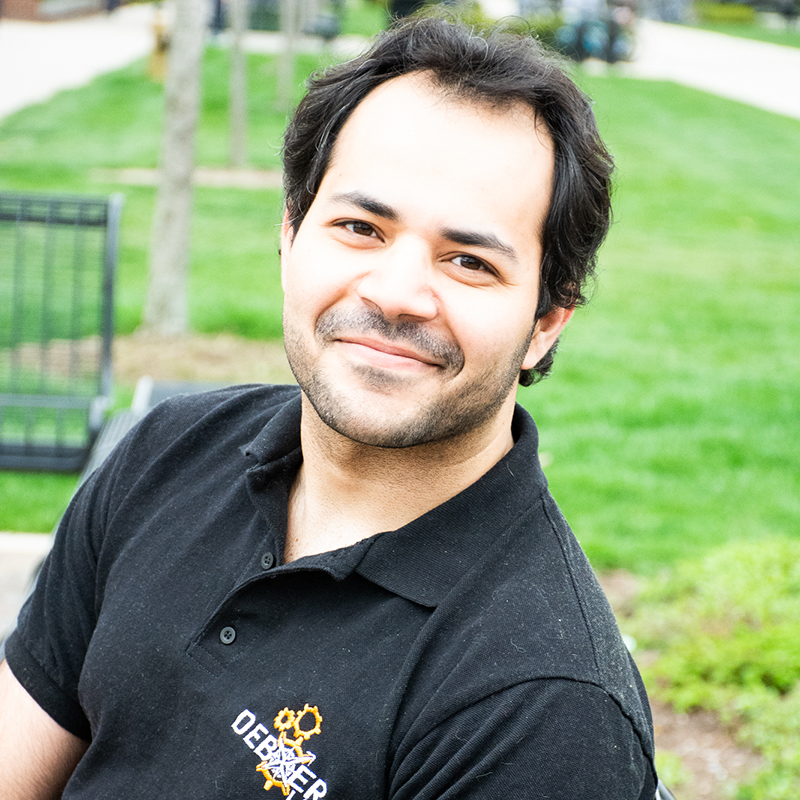 Claudio Freitas
Claudio Freitas
Virtual Dissertation Defense: April 15, 2020
Committee: Dr. Jennifer DeBoer, Dr. Barbara Moser-Mercer of University of Geneva, Dr. Brent Jesiek and Dr. Ruth Streveler
Understanding Engineering Education in Displacement: A Qualitative Study of "Localized Engineering” in Two Refugee Camps
The duration of exile in refugee communities has grown immensely over the last two decades. Recent humanitarian reports have called for actors to create more coordinated global support for the refugee crisis. In these recent calls, the desire to break a cycle of dependency between the refugee community and international aid has been a clear priority. Hence, education has emerged as a strategic action to foster refugee self-reliance, particularly higher education (HE) and technical and vocational education and training (TVET).
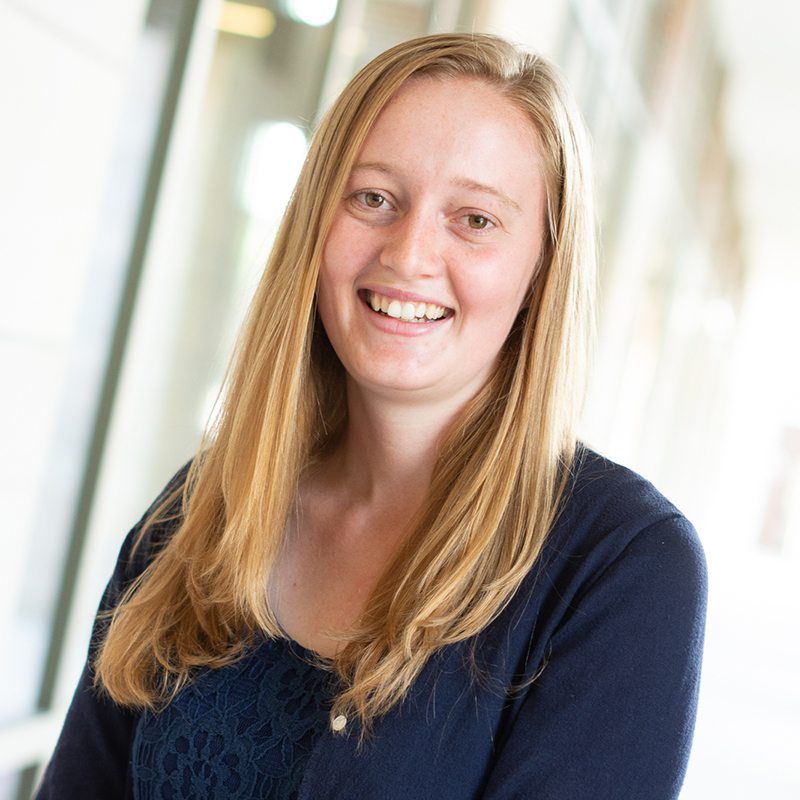 Amanda Johnston
Amanda Johnston
Virtual Dissertation Defense: April 15, 2020
Committee: Dr. Tamara Moore, Dr. Kerrie Douglas, Dr. Selcen Guzey, and Dr. Matt Ohland
Teacher Talk in Engineering Design Projects
Teacher talk is a major way in which instructors support and provide scaffolding for their students, frame their pedagogies, model ways of thinking, and convey ideas. Effective teacher talk about engineering design at all levels of students’ educational experiences has the potential to better prepare students for success in engineering and increase the diversity of engineering fields. However, the most effective ways for teachers to talk to their students during engineering design are not well understood. This three-study dissertation examines the ways in which instructors use talk to interact with their students through a variety of different engineering design settings and contexts, with potential implications to improve and educate how teachers present engineering to their students. Overall, this thesis addresses the research question: How do instructors (teachers and professors) use talk interactions to scaffold students in engineering design?
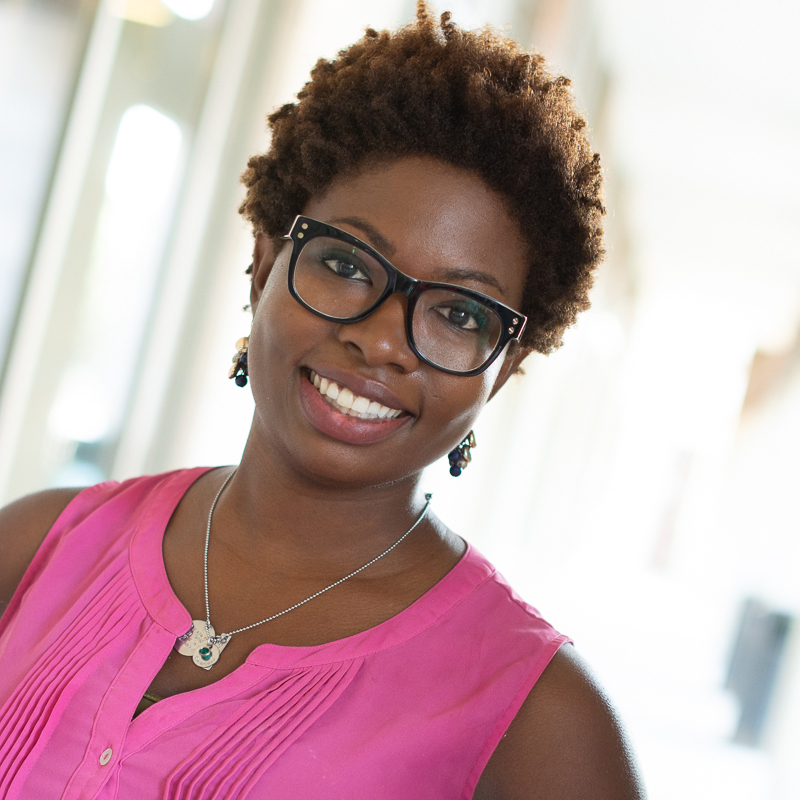 Jessica Rush Leeker
Jessica Rush Leeker
Dissertation Defense: February 27, 2020
Committee: Dr. Monica Cardella, Dr. Brent Jesiek, Dr. Morgan Hynes, Dr. Dawn Russell
But, is it Working? Involvement in Informal Elementary STEM Programs: A Collective Case Study
Despite well-meaning investments, present metrics seem to display only slow movement toward positive demographic changes in STEM (science, technology, engineering, and math) fields, and little to no slowing in the decline of STEM associated career interests. While a considerable amount has been written about the evaluation of formal pre-college STEM programs, little research has been carried out regarding the success of the many informal programs to encourage interest in STEM-related careers and develop skills needed to succeed in such environments.
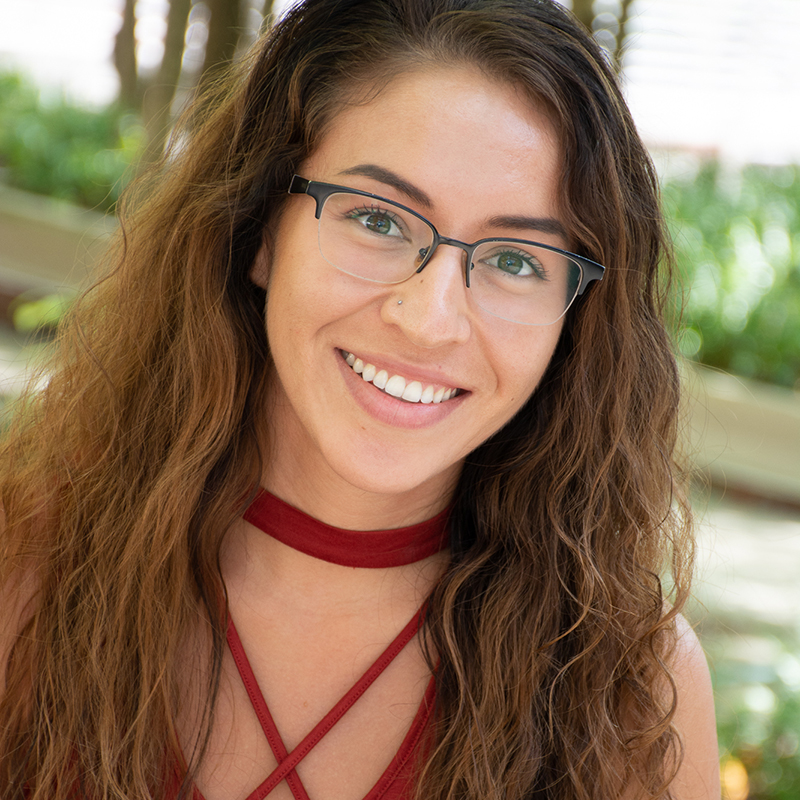 Dina Verdín
Dina Verdín
Dissertation Defense: February 24, 2020
Committee: Dr. Allison Godwin, Dr. Matt Ohland, Dr. Alice Pawley, and Dr. Jessica Smith
Enacting Agency: Understanding How First-Generation College Students’ Personal Agency Supports Disciplinary Role Identities and Engineering Agency Beliefs
Educating engineers should be for the benefit of students and their aspirations, whether that is helping their communities and/or environment, achieving financial stability, or achieving the goal of earning a degree in a lucrative field. Obtaining an engineering degree positions students as capable agents for societal change, which are not limited to solving global concerns, societal issues, or personal problems. This work examines how students who are the first in their families to attend college come to see themselves was agentic engineering participants so that their experiences can inform engineering educators of the strategies of perseverance they enact. Specifically, the three studies presented use an asset-based perspective to understand how first-generation college students’ through their agentic capabilities are enabled to participate in engineering.
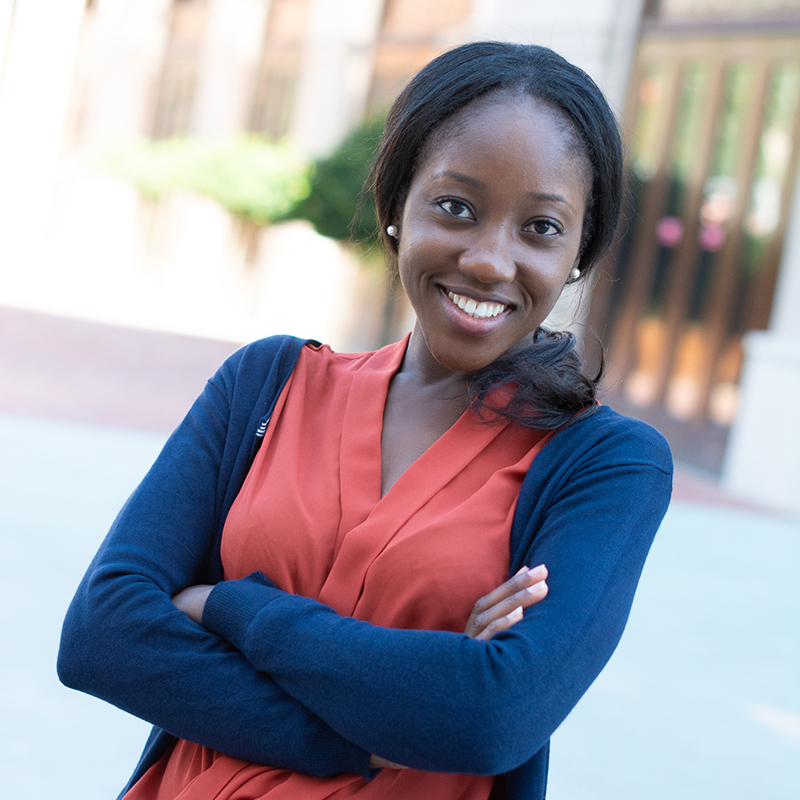 Bunmi Babajide
Bunmi Babajide
Dissertation Defense: October 3, 2019
Committee: Dr. Michael Loui, Bill Oakes (co-chair), Mary Pilotte, Brent Jesiek, and Ed Berger
Onboarding Early-Career Engineers: Knowledge and Skill Acquisition in Rotational Programs
Each year, employers invest substantial time, money, and resources in onboarding programs for new employees. In particular, engineering and manufacturing firms provide extensive training programs for new engineers. In one kind of training program, the rotational onboarding program (ROP), new engineers rotate through assignments in multiple departments to gain experience in different parts of the employer’s organization. This dissertation study investigated the knowledge and skills that early-career engineers developed through ROPs by comparing the experiences of engineers who had participated in an ROP and direct-hire engineers who had not. This study also identified the factors that contributed to the engineers’ perceptions of improvements in their knowledge and skills.
 Rose Xu
Rose Xu
Dissertation Defense: July 1, 2019
Committee: Dr. Joyce Main, Dr. Beth Elmore, Dr. Allison Godwin, and Dr. Michael Loui
Developing a Self-Assessment Tool for Engineering Students: The Self-Efficacy Inventory for Professional Engineering Competency (SEIPEC)
Although ABET has outlined educational outcomes to help prepare students with the necessary competencies to succeed in professional engineering practice, it is unclear how confident students are in their professional engineering skills. Competency refers to the“generic, integrated and internalized capability to deliver sustainable effective performance in a certain professional domain, job, role, organizational context, and task situation.” Understanding their competency provides students with a bridge to connect their academic experiences with their ability to perform their workplace duties. To help students assess their competency, I developed the Self-efficacy Inventory for Professional Engineering Competency (SEIPEC), an inventory that aims to measure engineering students’ self-efficacy for professional engineering competencies. Unlike other inventories in engineering that measures the academic experience, or other self-efficacy inventories that do not have a focus on the engineering population, this career assessment is designed for college-level engineering students to evaluate their subjective readiness for successful performance in the workplace.
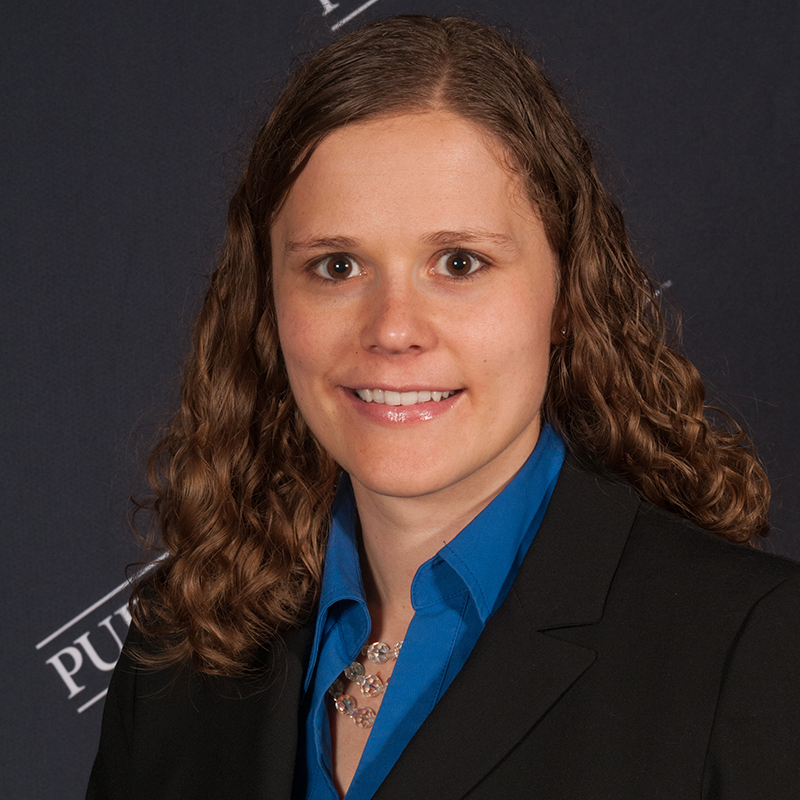 Emilie Siverling
Emilie Siverling
Dissertation Defense: June 14, 2019
Committee: Dr. Tamara Moore, Dr. Sean Brophy, Dr. Selcen Guzey, and Dr. Amy Marconnet
Heat Transfer Conceptions Using an Engineering Design-Based STEM Integration Unit: A Case of Struggle
In the United States, there has been an increased emphasis on science, technology, engineering, and mathematics (STEM), and especially engineering, in pre-college settings. There are several potential benefits of this, including: increasing the quantity and diversity of students who pursue STEM careers, improving all students’ technological literacy, and improving student learning in the STEM disciplines. While current standards support the integration of the four STEM disciplines in pre-college classrooms, research still needs to be done to determine which models of STEM integration are effective and how and why they impact student learning.
Prelims - Doctoral Candidates
 Joseph Lyon
Joseph Lyon
April 27, 2020
Committee: Dr. Alejandra Magana, Dr. Ruth Streveler, Dr. Michael Loui, and Dr. Muhsin Menekse
Characterizing Computational Thinking Through the Use Of Modeling and Simulation Activities within the Engineering Classroom
This research aims to understand how modeling interventions can be incorporated into the engineering curriculum, as well as aims to understand the types of computational thinking that emerge throughout the process. The result of the study will be a deeper understanding of what computational thinking is and the various ways that it is used by engineering students in an authentic engineering classroom environment.
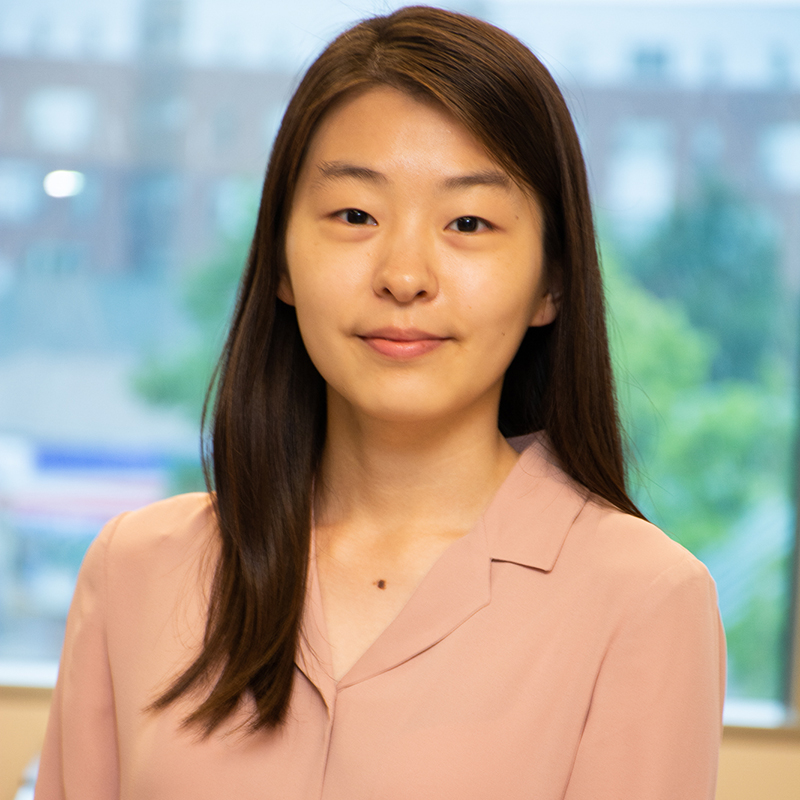 Dayoung Kim
Dayoung Kim
April 15, 2020
Committee: Dr. Ruth Streveler, Dr. Louis Tay (Psychological Sciences), Dr. Brent Jesiek, and Dr. Michael Loui
Promoting Professional Socialization of Engineers: Focusing on Moral Personality with Cultural Influences
Using Moral Foundations Theory, this mixed methods study will examine the moral intuitions and narratives of engineering practitioners and students. It will inform new approaches to engineering ethics education.
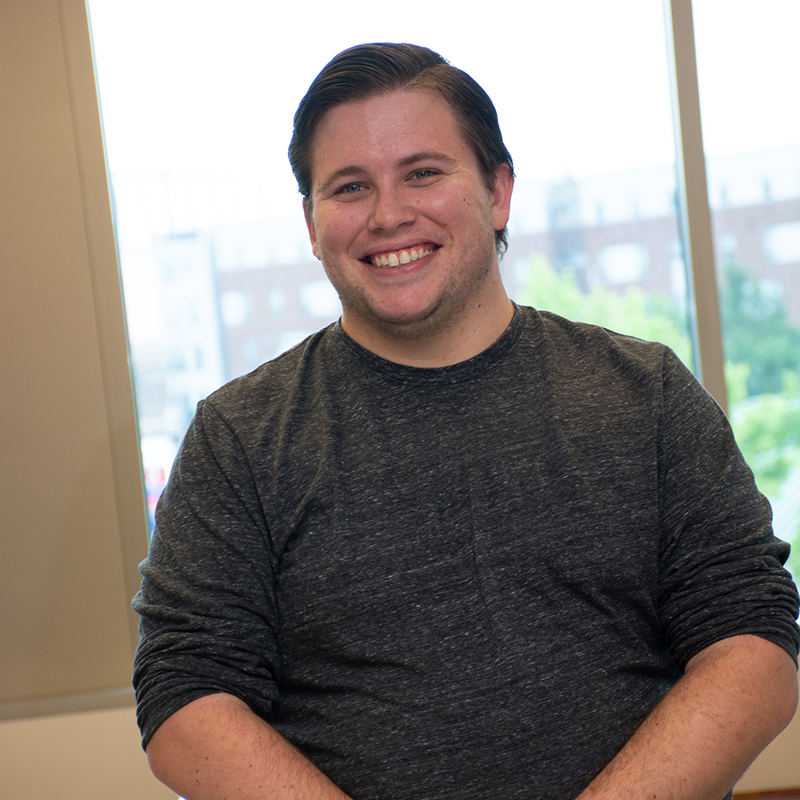 Justin Major
Justin Major
April 10, 2020
Committee: Dr. Allison Godwin, Dr. Matt Ohland, Dr. Alice Pawley, and Dr. Paul Dean (Associate Professor of Sociology and Social Justice at Ohio Wesleyan University)
More than Income: Socioeconomic Inequality and the Engineering Pathways of Undergraduate, Low-Income Women of Color
The study focuses on a mixed methods study of how social inequality can be measured quantitatively and understood in the stories of low-income Women of Color.
Two related publications:
-
Major, J. C. (2020). To cross the picket line or join it: Facing engineering education’s role in the socioeconomic exploitation of marginalized peoples to further a discipline [Guest Editorial]. Journal of Engineering Education, 109(2), 1–6. https://doi.org/10.1002/jee.20313
-
Major, J. C., Carberry, A. C., & Kirn, A. (2020). Revisiting a measure of engineering design self-efficacy. International Journal of Engineering Education, 36(2), 749–761. https://www.ijee.ie/latestissues/Vol36-2/20_ijee3909.pdf
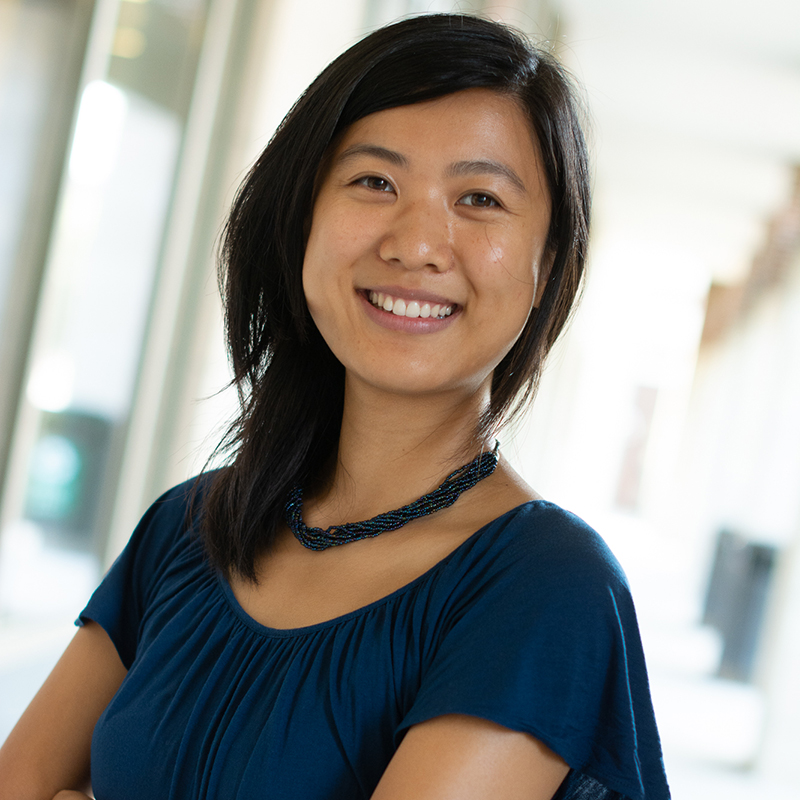
Julianna Ge
February 26, 2020
Committee: Dr. Ed Berger, Dr. Allison Godwin, Dr. Michael Loui, and Dr. John Froiland
Theory, Validation, and Model of Engineering Thriving
This dissertation represents the first comprehensive investigation of the cognitive, interpersonal, intrapersonal, academic, environmental, and socio-cultural dimensions related to thriving for undergraduate engineering students. Engineering thriving is defined as the process by which engineering students develop and refine asset-based competencies that allow them to achieve optimal functioning in undergraduate engineering programs. Thriving is currently underexplored in the existing literature in engineering education. However, extant research on engineering student success mostly focuses on barriers that hinder students from achieving academically defined outcomes, under the assumption that removing barriers to student success will, by itself, lead to their success. Research on engineering thriving challenges this assumption by asserting that the skills engineering students need to thrive (and succeed academically, socially, and personally) differ from the skills they need to survive barriers. Thus, the overarching purpose of this dissertation is to introduce, develop, refine, test, and apply a model of engineering thriving for undergraduate engineering students. This work is expected to result in four journal publications.
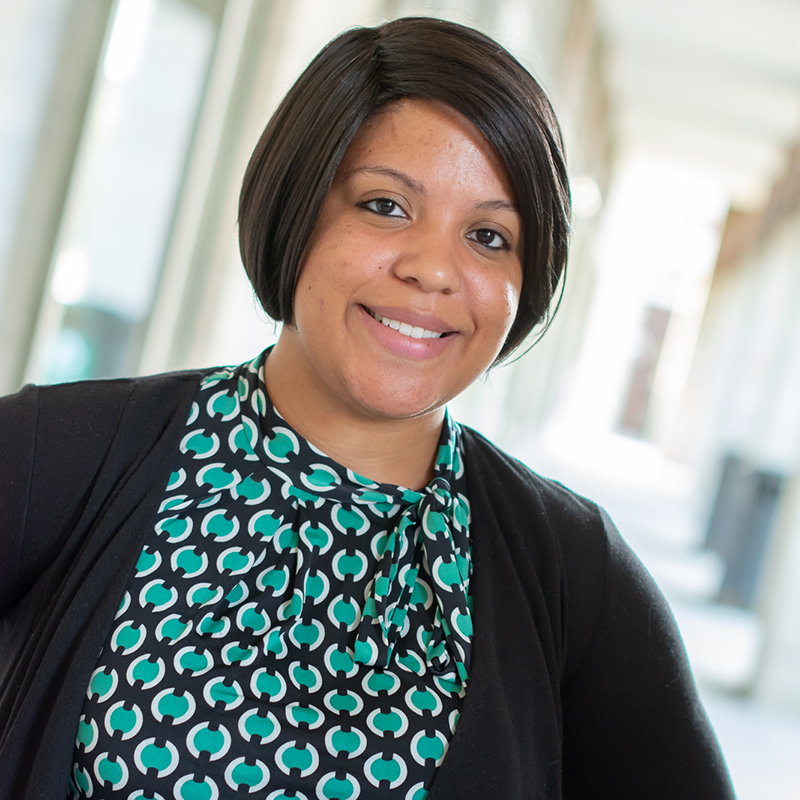 Brianna Benedict
Brianna Benedict
December 12, 2019
Committee: Dr. Allison Godwin, Dr. Robin Adams, Dr. Audeen Fentiman, and Dr. Mary Pilotte
An Exploration of Interdisciplinary Engineering Programs as Hybrid Spaces in Engineering Education
This study focuses on an in-depth case study of interdisciplinary students experiences in their undergraduate education to support identity development, belonging, and agency.
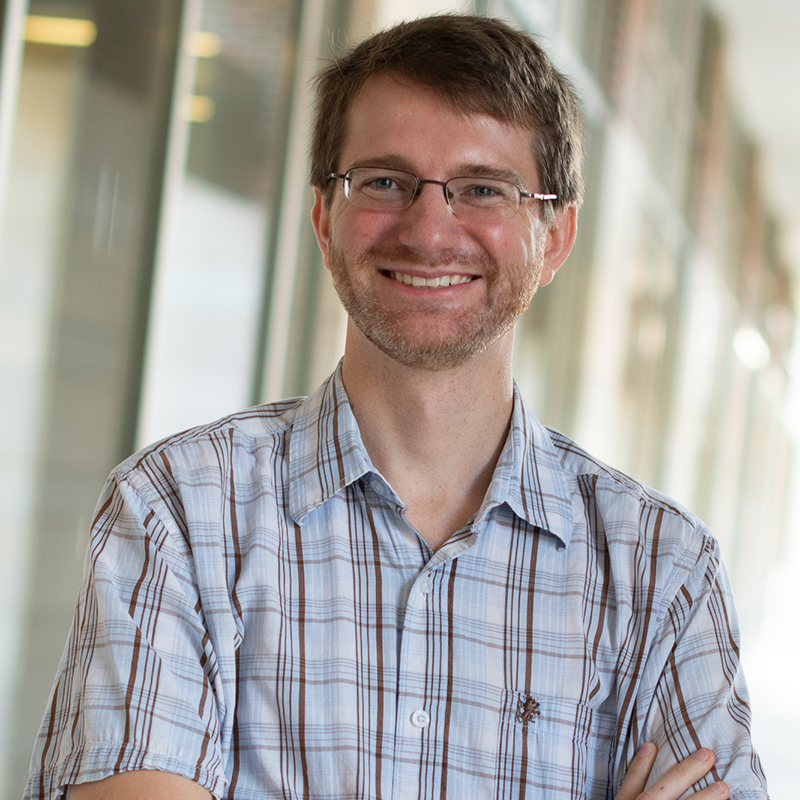 Taylor Williams
Taylor Williams
December 12, 2019
Committee: Dr. Kerrie Douglas, Dr. Brent Jesiek, Dr. Mimi Boutin, Dr. Matt Ohland, and Dr. Heidi Diefes-Dux
An Argument-Based Approach for Validating Undergraduate Engineers’ Assessment Profiles Identified Using Machine Learning
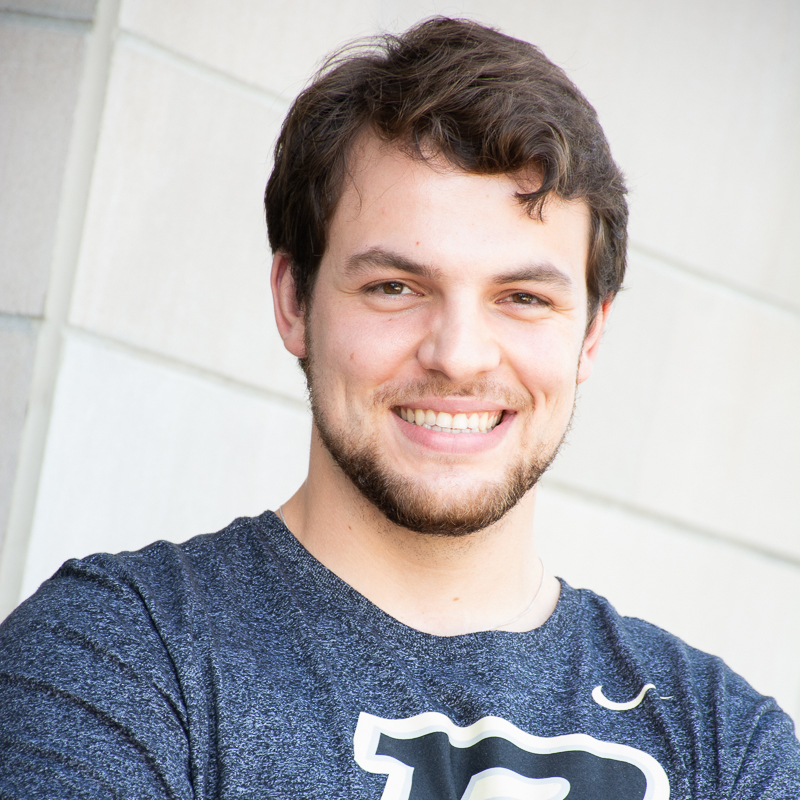 David Evenhouse
David Evenhouse
November 26, 2019
Committee: Dr. Edward Berger, Dr. Jennifer DeBoer, Dr. Robin Adams, Dr. Jeffrey F. Rhoads (ME), and Dr. Charles Krousgrill (ME)
Student Experiences of their own Implementation of Educational Innovations: a Phenomenographic Narrative Analysis
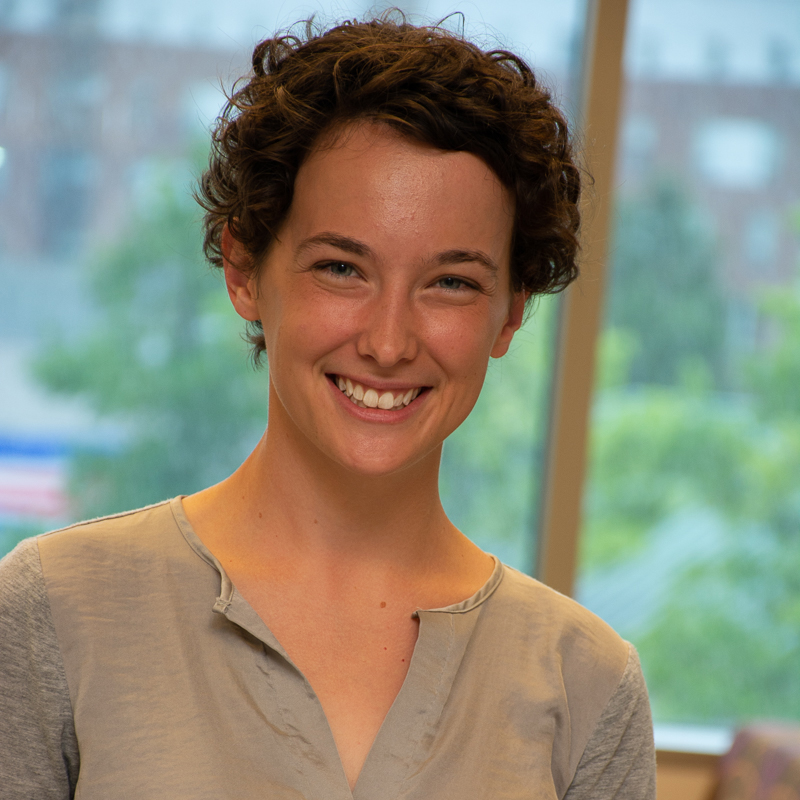 Jacki Rohde
Jacki Rohde
October 15, 2019
Committee: Dr. Allison Godwin, Dr. Audeen Fentiman, Dr. Matt Ohland, and Dr. Marie Paretti (Virginia Tech)
Master and alternative career narratives: Expectations for what “counts” as an engineering career and how career decisions are made
This study will use a three-study format to conduct a mixed methods investigation into the role of cultural norms and values surrounding engineering careers to understand how individuals make decisions about their futures.
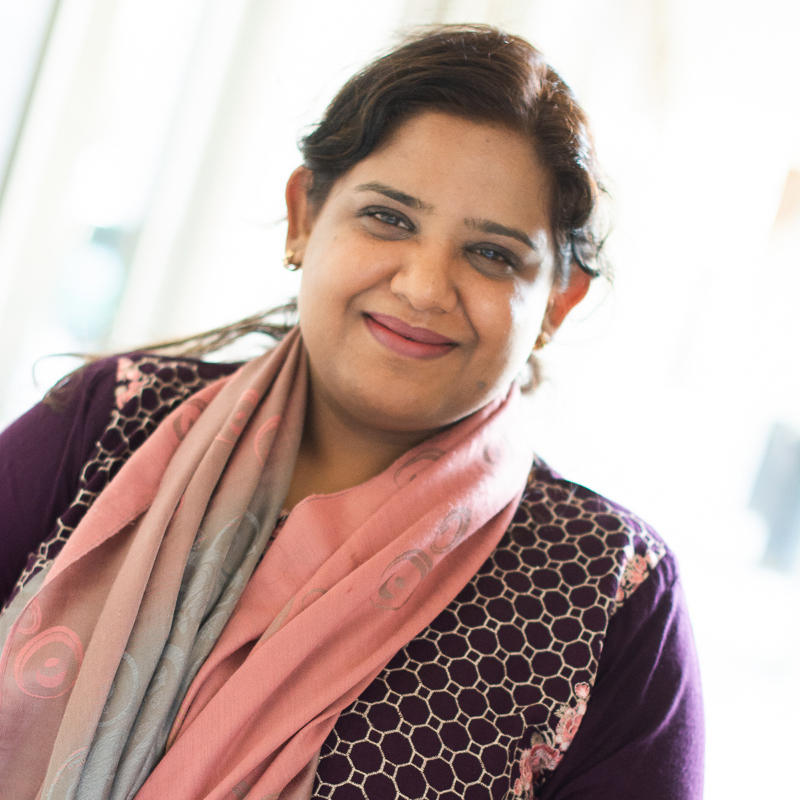 Saira Anwar
Saira Anwar
August 1, 2019
Committee: Dr. Muhsin Menekse, Dr. Michael Loui, Dr. Ruth Streveler, Dr. Senay Purzer
Role of Different Instructional Strategies on Engineering Students’ Academic Performance and Motivational Constructs
The use of student-centered instructional strategies is a common practice in engineering classes. Instructors often use such strategies to promote greater learning outcomes and student engagement. However, the literature also acknowledges students’ resistance and lack of motivation towards such innovative strategies. In both cases, the existing literature compares these strategies with the traditional approach of lecture-based teaching. However, there is limited literature on exploring the relative effectiveness of different student-centered instructional strategies in engineering classrooms. Understanding which instructional strategies have a more profound effect on students’ performance and motivation is fundamental in course design. Such comparisons would allow educators to design and plan their courses with better learning activities, which could lead to better student engagement and learning. In this three-paper dissertation, I explored the relative effectiveness of two instructional strategies 1) reflective thinking, and 2) teamwork participation by primarily using quantitative methods. Self-regulated learning theory and the Interactive-Constructive-Active-Passive (ICAP) framework guided the selection of these two strategies. I collected students’ reflection data using CourseMIRROR technology. In addition, for teamwork participation, CATME smarter teamwork was used.
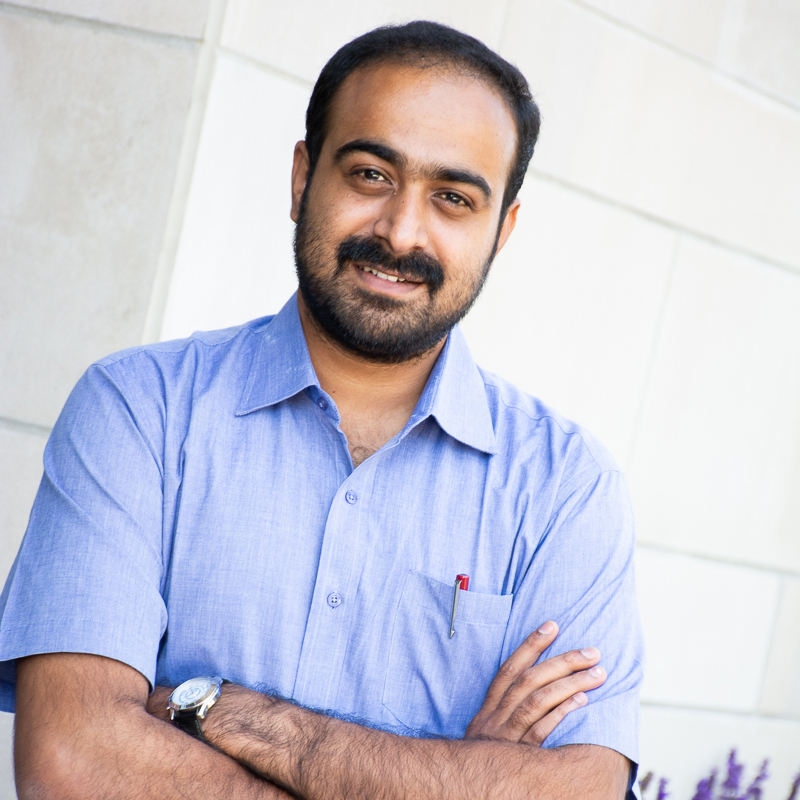 Dhinesh Radhakrishnan
Dhinesh Radhakrishnan
June 5, 2019
Committee members: Dr. Jennifer DeBoer, Dr. Edward Berger, Dr. Tamara Moore, Dr. Brenda Capobianco
Enabling Untrained Teachers as Engineering Facilitators: A Design Based Research Study of Teacher Professional Development in Fragile Contexts
Estimates of “Street Youth” (SY) (those who live/work on the streets) show 150 million around the world, with 300,000 in Kenya alone as of 2016. Challenges that these students face remain a significant barrier to achieving Sustainable Development Goal 4 (Quality Education) targets, as formal schools limit access or fail to provide meaningfully and supported learning experiences for SY. However, informal learning spaces that empower youth to solve problems themselves may provide them with the knowledge and skills that they are shut out from in schools. SY rescue, rehabilitation, and reintegration centers all around the world emphasize and place education at the center of their operations. Recommendations for educational services for SY include providing flexible, alternative education and skills training for youth unable or unwilling to return to school. However, the lack of skilled professionals working with the SY population is one of the most critical challenges. To meet the learning needs of vast numbers of SY, teachers already connected to this population must be trained in teaching more empowering, skill-based, courses such as engineering, which are typically complex. Such innovative, problem-centered, curricula demand skilled teachers who are prepared to facilitate a more student-centered classroom. However, sub-Saharan Africa faces a shortage of 17 million formally qualified teachers even for its formal public schools. Through an established Community of Practice, working in collaboration with three teachers at an alternative school for SY in western Kenya, I use Design-Based Research (DBR) to design and implement a sustainable teacher professional development program. In this proposal, using the structure of DBR, I discuss the background and motivation for this research, an implemented intervention phase, an on-going intervention, and the third phase as a proposed intervention. Through this DBR, I expect to develop design principles relating to the Communities of Practice in fragile contexts and to provide guidelines on enabling untrained teachers' engineering knowledge and skills.
Readiness Exam Successes
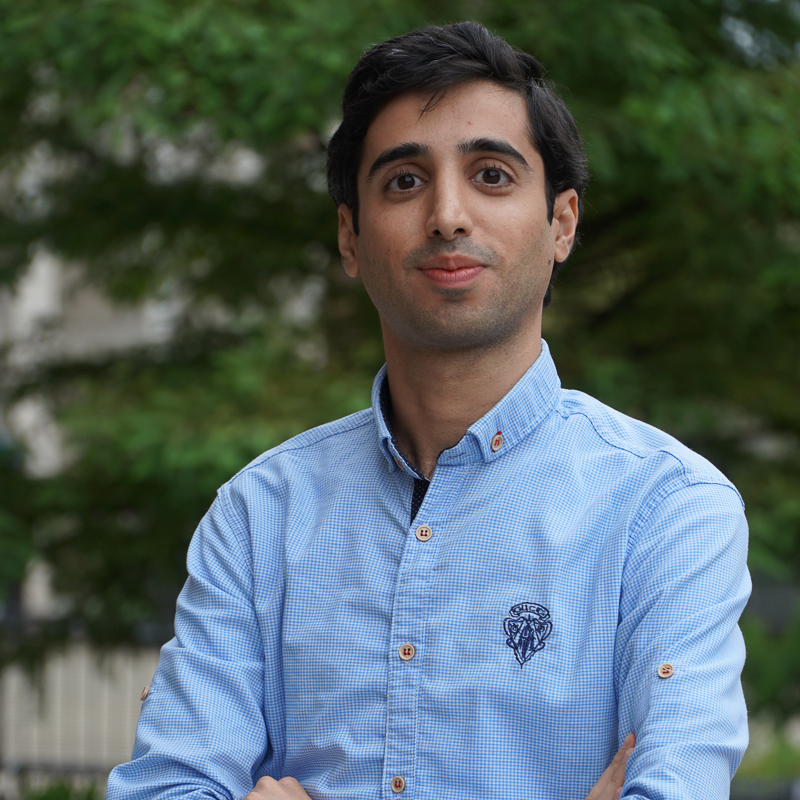 Behzad Beigpourian
Behzad Beigpourian
 Paige Brown
Paige Brown
 Aristides Carrillo Fernandez
Aristides Carrillo Fernandez
 Donovan Colquitt
Donovan Colquitt
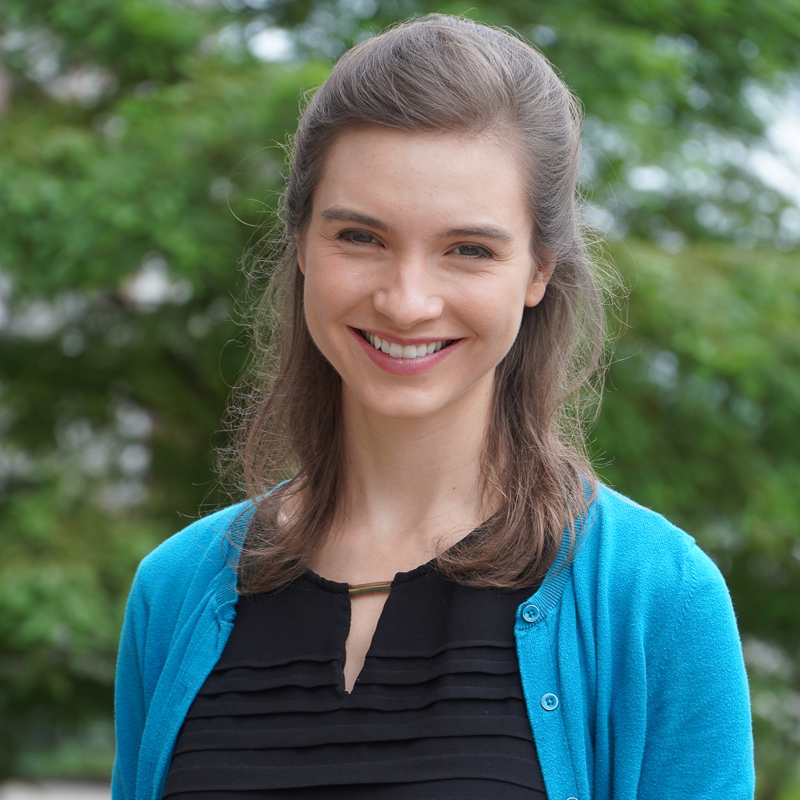 Beata Johnson
Beata Johnson
 Eunhye Kim
Eunhye Kim
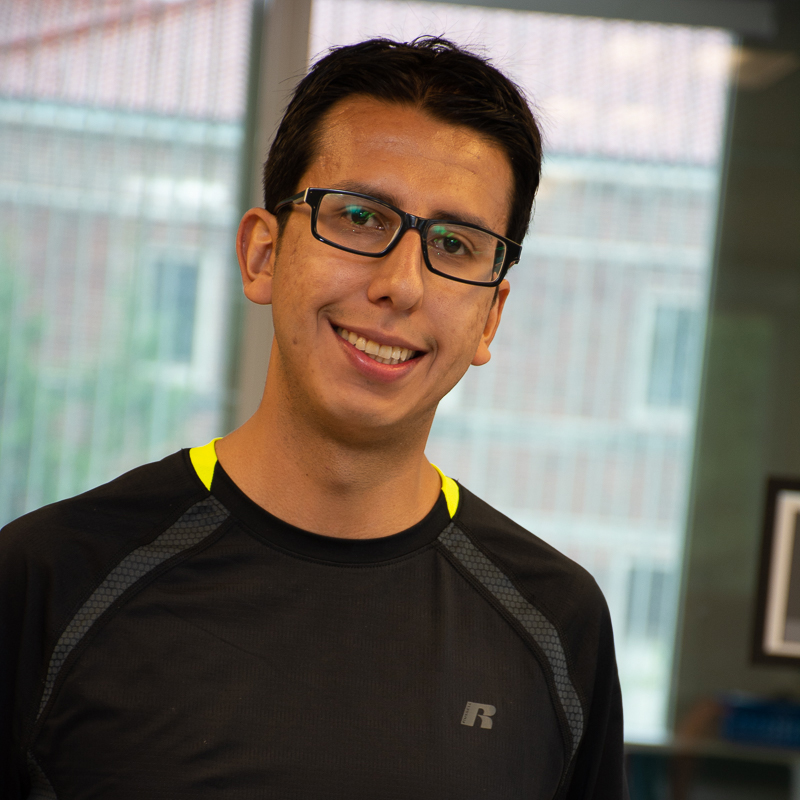 Ruben Lopez
Ruben Lopez
 Hillary Morzdorf
Hillary Morzdorf
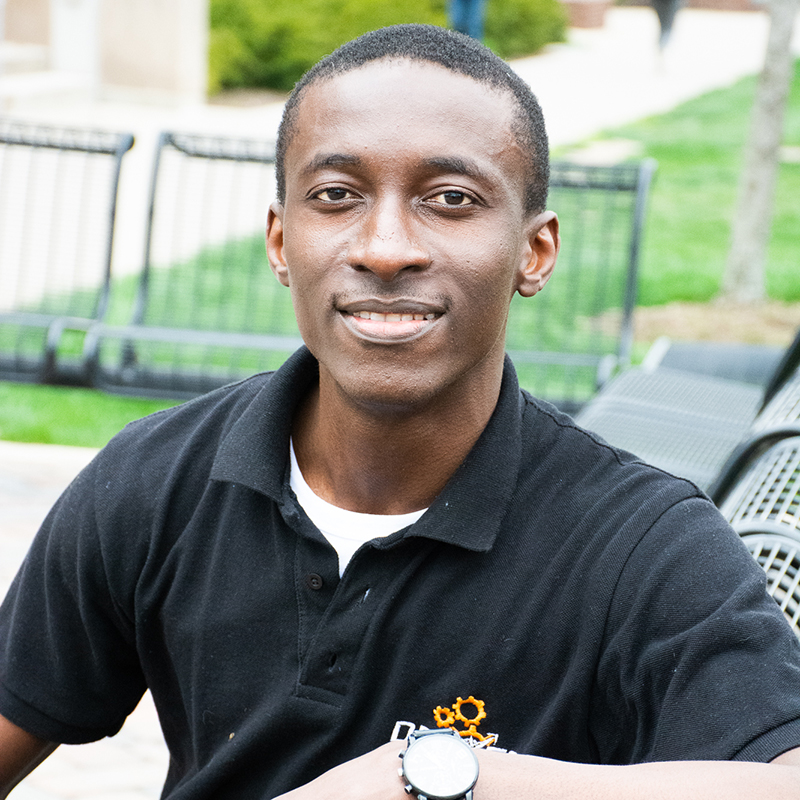 Moses Olayemi
Moses Olayemi
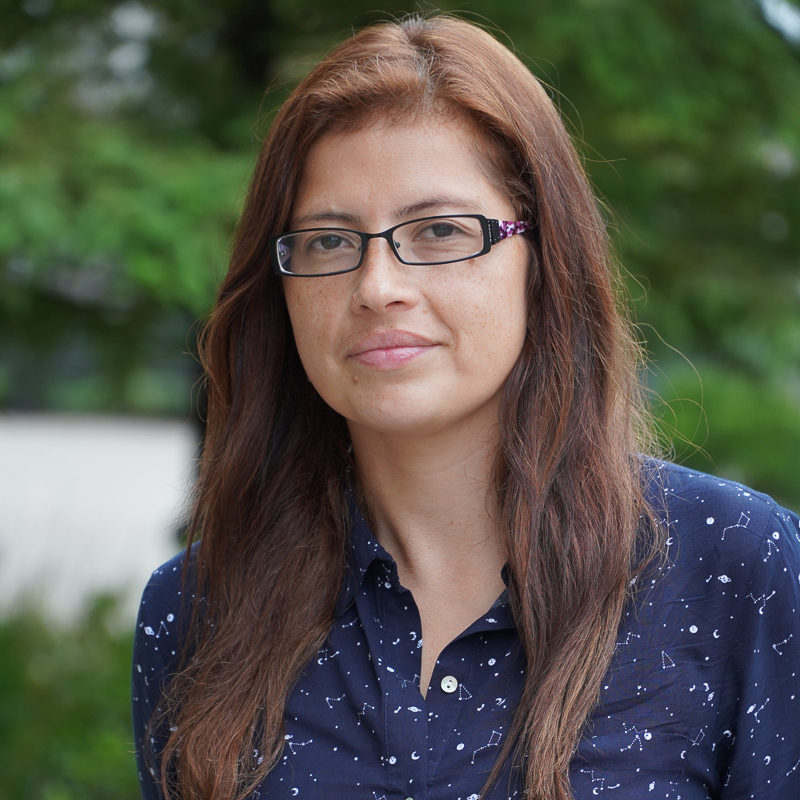 Jenny Quintana
Jenny Quintana
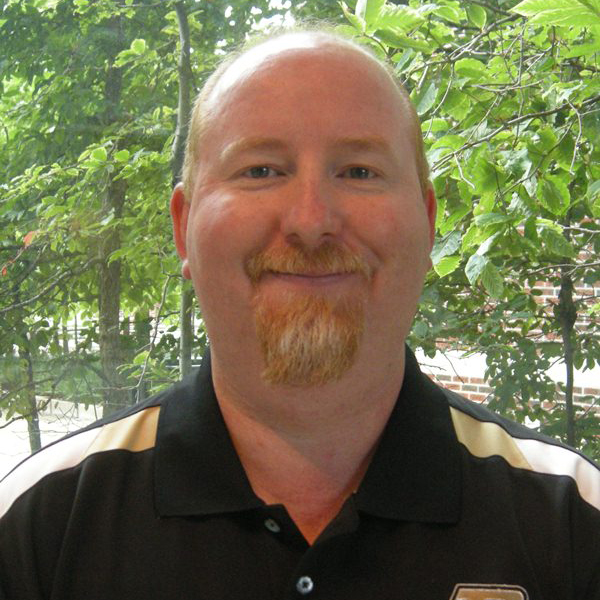 Jeff Richardson
Jeff Richardson
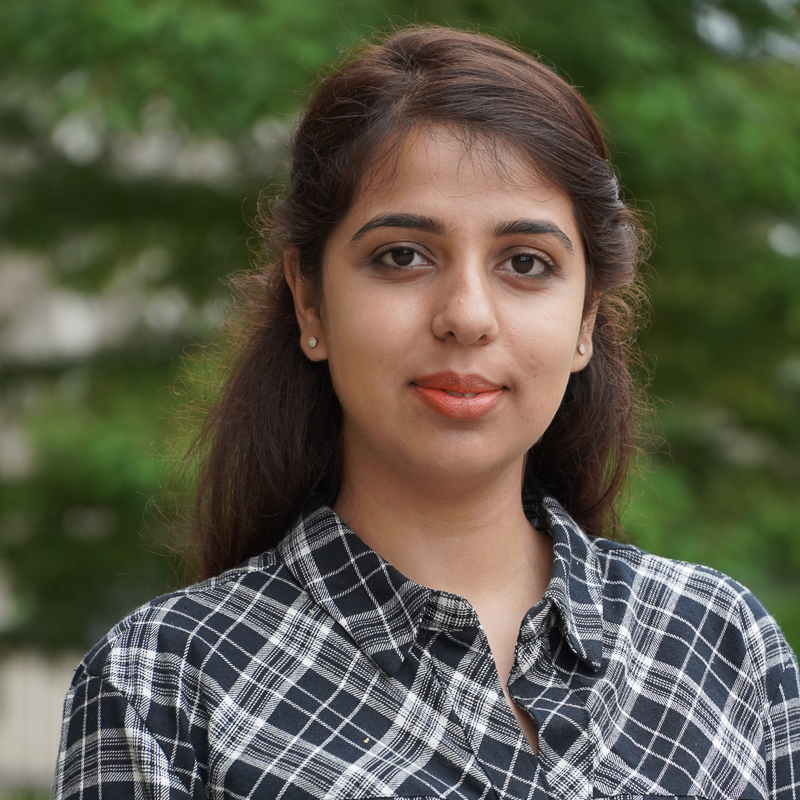 Huma Shoalb
Huma Shoalb
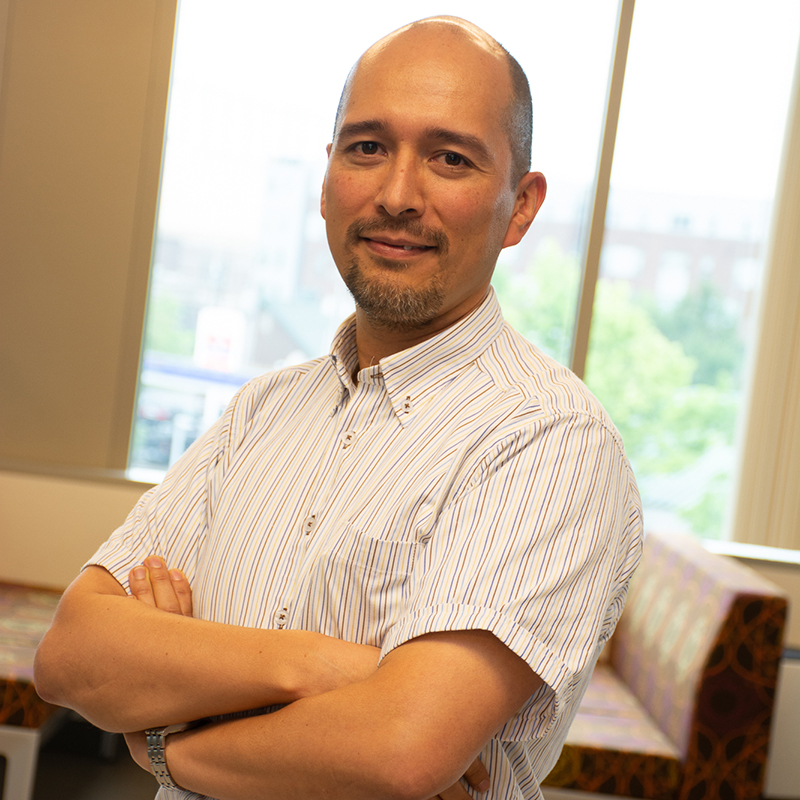 Rene Soto
Rene Soto
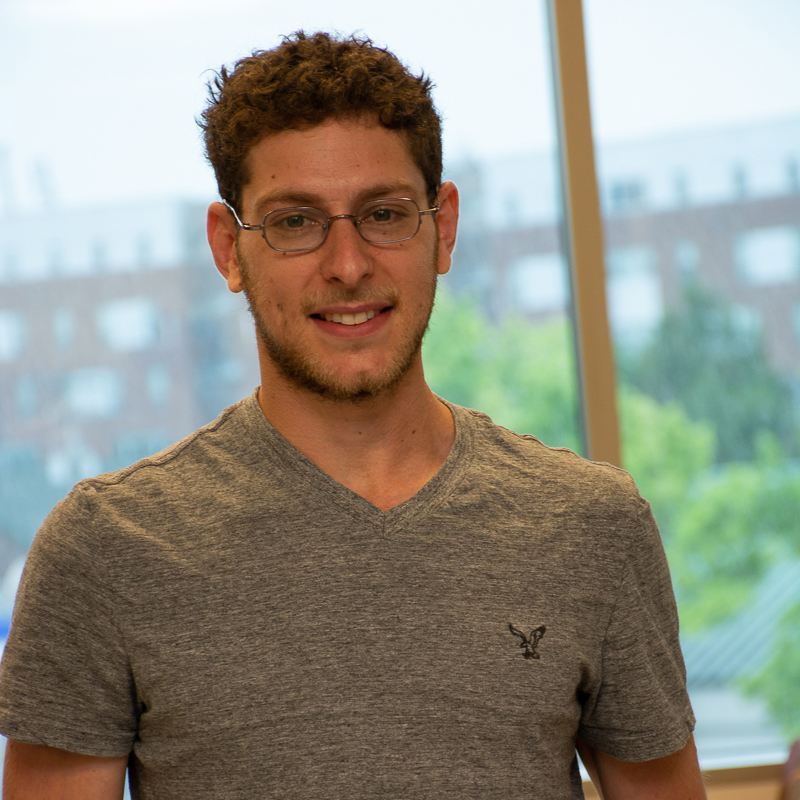 David Waller
David Waller
